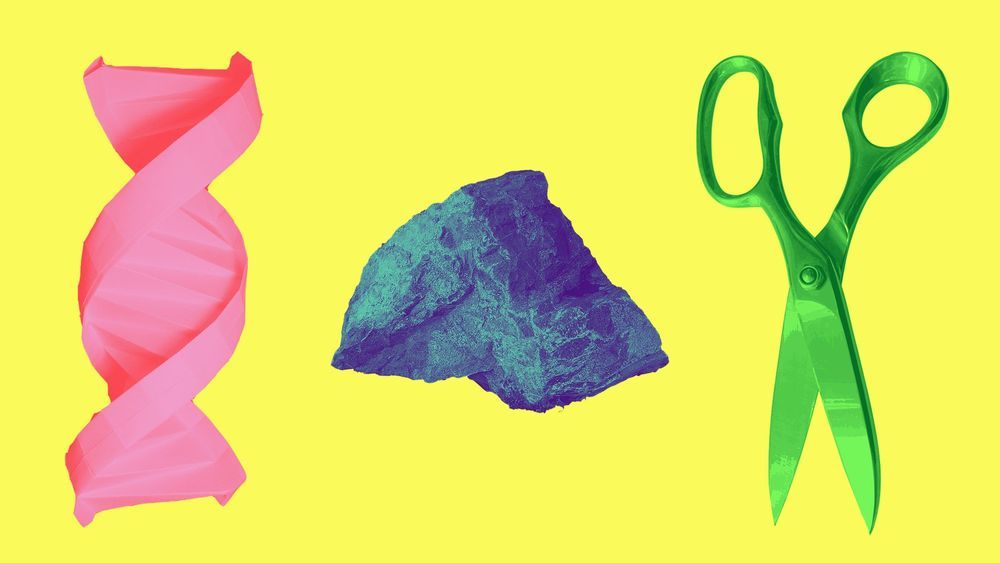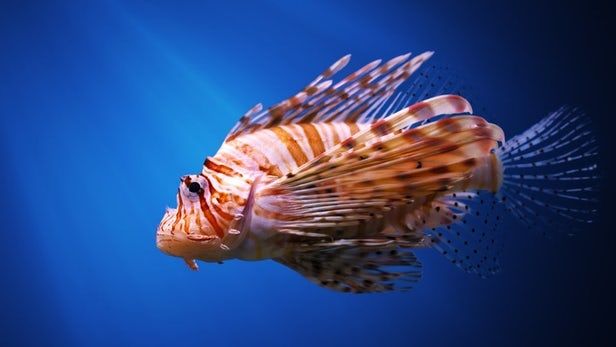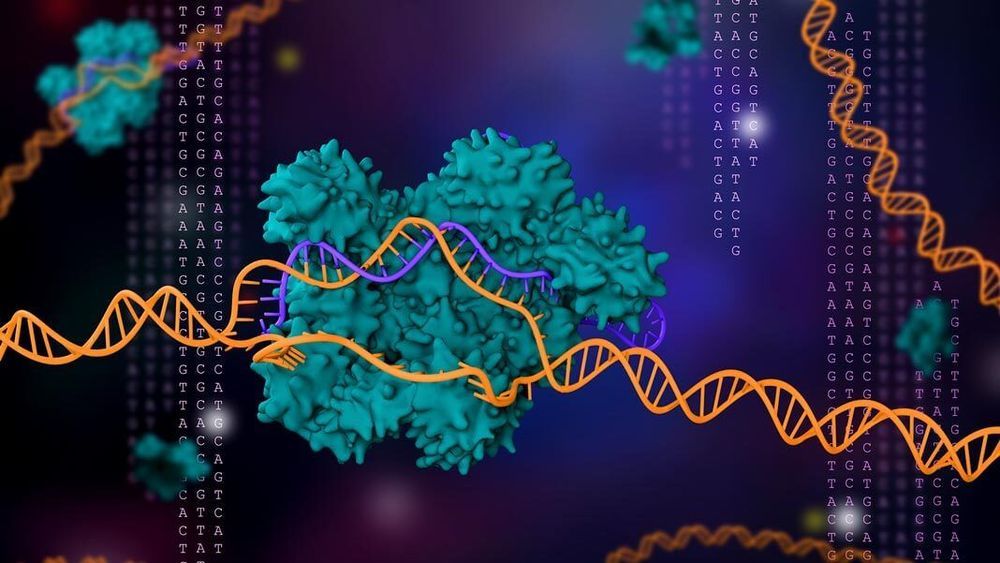Even in this “age of the genome,” much about genes remains shrouded in mystery. This is especially true for “cryptic mutations”—mutated genes that are hidden, and have unexpected effects on traits that are only revealed when combined with other mutations. Learning from one infamous cryptic mutation in particular, researchers from CSHL share important lessons for breeding or gene editing in crops.
This story starts with the Campbell Soup Company and a field of tomatoes in the mid 20th century. One particular tomato plant had an unexpected beneficial trait: the fruits separated from the vine right where the green cap and stem touch the rest of the fruit. It turned out that this spontaneous natural mutant was ideal for large-scale production.
Other tomato varieties would break away at a joint-like nub in their fruit stems, leaving the pointed green caps on the fruits. With stems still present, these capped tomatoes would get easily bruised in the machine-picking process or end up puncturing one another in transit. However, the lucky Campbell Soup mutant didn’t have these problems. It was jointless, and perfect for a growing, automated industry. Unsurprisingly, breeders called the gene mutation that drives this beneficial trait jointless-2 (j2).





